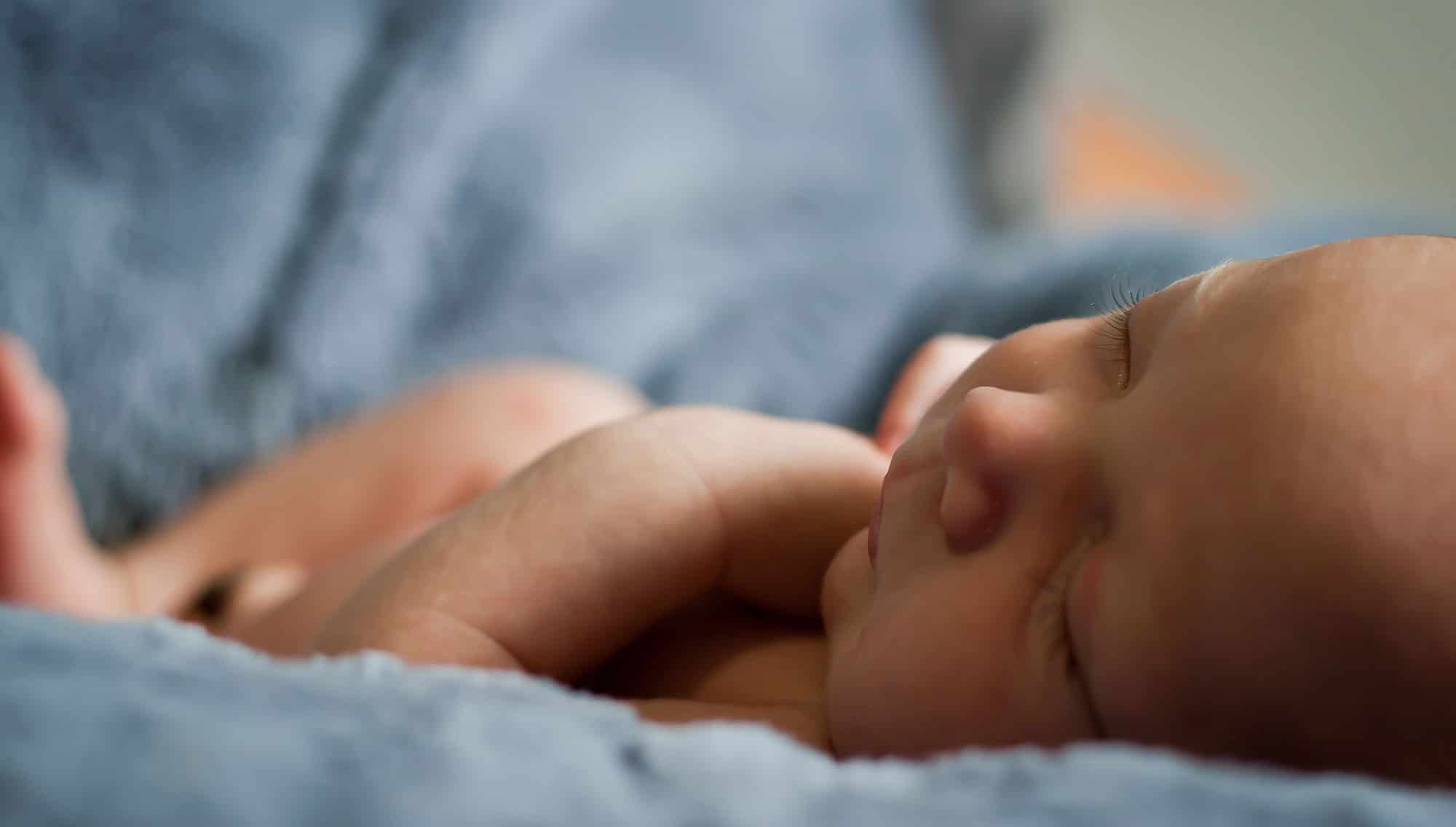
Can I exercise while going through IVF?
It is important to practice good health and physical fitness when trying to conceive and studies have shown that maintaining a healthy

It is important to practice good health and physical fitness when trying to conceive and studies have shown that maintaining a healthy

A recent study has shown that Vitamin D deficiency could essentially be a key factor in fertility struggles in couples undergoing IVF.

Some reassuring research was published recently involving the long term cognitive and behavioural outcomes of children conceived by Assistive Reproductive Technologies.

It is widely known and acknowledged how crucial having a sufficient level of vitamin D is, not only during pregnancy, but also

Research has shown that there has been a steady decline in sperm counts across Western Countries over the last few decades.

Secondary infertility is a topic that isn’t discussed as often as it should be, yet it’s incredibly common.

Finding support through an emotional journey is essential when undergoing fertility treatment, but it’s important to be cautious with online forums.

According to a recent study, men who follow a Mediterranean-style diet may have higher sperm counts than men who follow an unhealthy

Since September 2017, 77% of our Central IVF donor egg recipients at Fertility First who met the embryo quality guarantee have achieved
Every story written here comes from Fertility First's Research Team, a group of scientists that doesn't just talk about the science behind fertility and reproduction, it lives and breathes it. Staffed by the doctors and scientists working behind the scenes at Fertility First, this team of dedicated embryologists, andrologists, and fertility experts collectively has over 40 years experience in the field.
Yes, chronic stress can impact fertility by disrupting hormonal balance and ovulation patterns. Managing stress through relaxation techniques, regular exercise, adequate sleep, and mindfulness practices may help optimise your chances of conception. Consider speaking with a counsellor if stress feels overwhelming.
Sperm health accounts for about 40% of conception challenges. Your partner can improve sperm health by maintaining a healthy weight, avoiding excessive heat exposure (hot tubs, saunas, tight clothing), limiting alcohol, quitting smoking, managing stress, and taking a multivitamin with antioxidants. Sperm takes about 3 months to develop, so lifestyle changes need time to show results.
Your fertile window typically spans 5-6 days, ending on ovulation day. For a regular 28-day cycle, this usually falls between days 10-15, with peak fertility 1-2 days before ovulation. Track your cycle using ovulation predictor kits, basal body temperature, or cervical mucus changes to identify your unique pattern. Having intercourse every 1-2 days during this window optimises your chances.